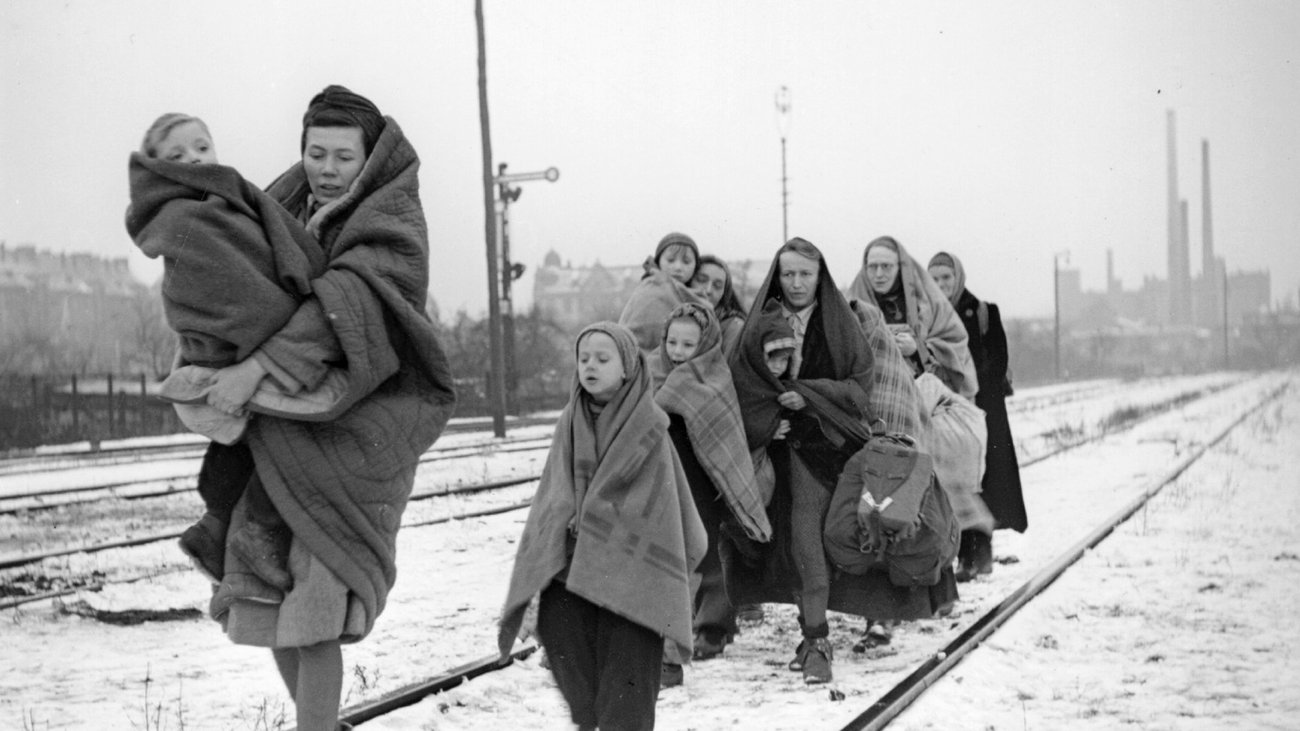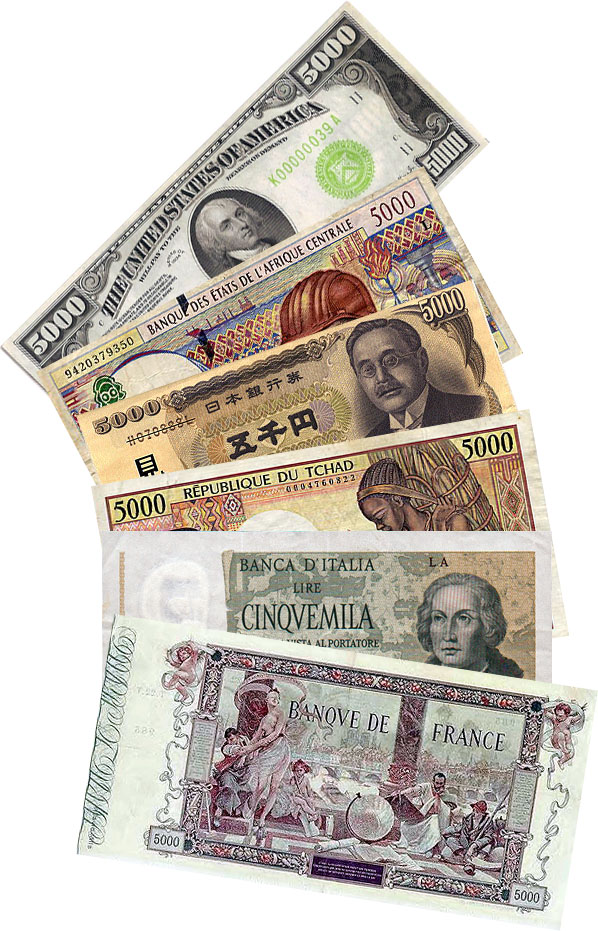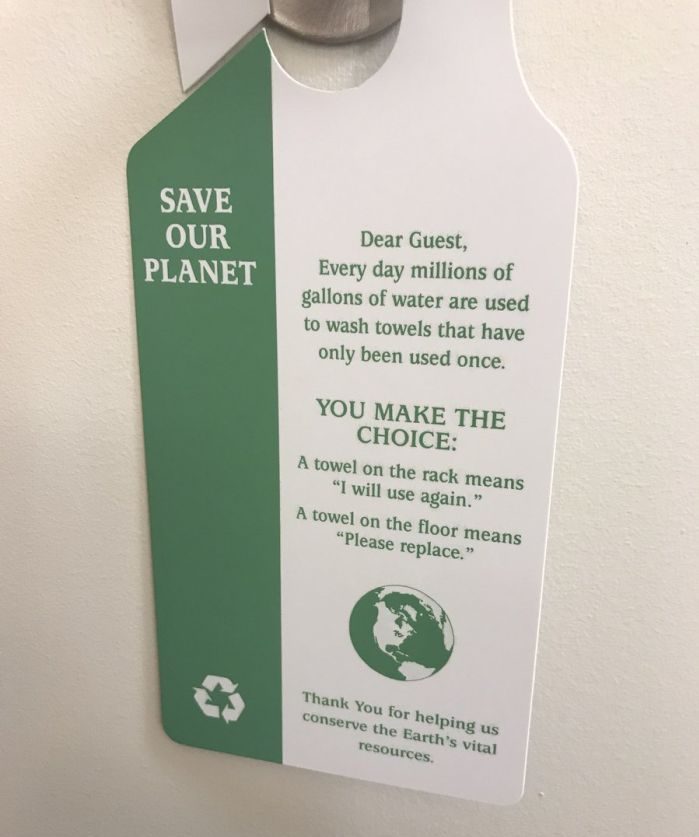How Happy You Are.

Basically, I’m very negative when it comes to both “digitalization” and “internet”. They do not create genuine added values at all. Instead, they just make us virtually meet those who can’t meet us without digital devices. All the IT-companies such as Uber and Airbnb follow the same business model. They enable us to dramatically expand our own human network, which can be sometimes monetized. However, again, the end of this story must come soon, since the number of the world’s population is limited, and the digitalization is being drastically accelerated towards the singularity. Once the moment of truth will have come, this business model will immediately come to an end and can never be revitalized again. Meanwhile, almost everyone tries to do the same business, so that it’s commoditized in an accelerated manner. In short, digitalization as such doesn’t matter. It’s all the human beings that will decide the world’s destiny.
Regardless of this fact, I sometimes enjoy “synchronicity”, which sometimes emerges thanks to the digitalized world in my life and makes my mind overflowing. An encounter in the internet I personally experienced recently is one of the typical examples for such phenomena.
Anja (*pseudonym) mistakenly clicked my wall on LinkedIn (in English version) and sent me a “request” to be added in my friends’ list. Because she lives in the southern part of Germany (Bayern) and works as music teacher in a school, I spontaneously accepted the request and responded to her with a short message, even in German. She was extremely shocked to find my message, because she was aware of her mistouch and actually didn’t want to become “my digital friend”. Furthermore, she was positively surprised by my message written in not English but German, so that she replied. That was the very beginning of our conversation online.
Anja kindly explained why she’s now living with her husband and children in Bayern, although her mother tongue is not German but Russian. “Well, Takeo, to be honest, I’m Russian emigrant with my husband, who is ‘Spaetaussiedler’”, she told me. Having written the phrase, she gradually got started with telling me the long story of her journey so far.
She and her husband (to be) grew up in a tiny city in the eastern part of Kasachstan, very near the border to China. When she was 14 years old, she fell love with him and decided to get married with him. However, the collapse of the then Soviet Union abruptly hindered them from doing so easily. The local people, who had been very kind to the Russian citizens, declared the independence of the state of Kasachstan, while she and her families felt threatened because of their Russian ethnicity. Her husband (to be) made a decision to emigrate to Germany because of his German origin. Thanks to Helmut Kohl’s strategic diplomacy, all those who had German origin in the former Soviet Union were entitled to get German passport without any difficulties.
Anja felt extremely troubled. Of course, she joined him to get married in the new promised land, “Germany”, on the one hand. But on the other hand, her parents obviously opposed to her wish, based on the fact her grandfathers and -mothers died in the Great Patriotic War against Nazi-Germany. Anja, a young lady who really wanted to study Psychology, was forced to leave their lovely parents and live her entirely new life in Augusburg, Germany. That was just the very beginning of her hardship.
Without money and sufficient German language skill, she didn’t know whether her decision was correct or not. All most all the day, she either worked or learned to become music teacher while giving up her dream to study psychology. She couldn’t help feeling loneliness overwhelmingly, since she and her husband (to be ) couldn’t afford to live together in lack of money.
“But in this period of my life, I’ve got a lot of foreign residents in Germany, who also struggled to survive and could share my feeling as friends”, Anja wrote. Now, her surroundings seem to be very stabilized and secured, and she enjoys her own both private and professional life. “How about you, Takeo? Tell me a little bit about your own life”, she’s asking.
Having written Anja’s story, I spontaneously contemplated what “happiness” means for our life. At least, as for me and other Japanese people, we have never experienced such a hardship as Anja was forced to overcome, thanks to the stabilized society and national wealth of our country. Nevertheless, who knows whether our own country would repeat the historical mistakes we did before the end of the WWII and automatically face the same hardship Anja experienced after the collapse of the former Soviet Union?
Now, you may wonder how happy you are. At least in this regard, the digitalized world is meaningful from my viewpoint. The encounter with new foreign friends in the internet sometimes makes us deeply think about fundamental issues in our life such as happiness, dream and solidarity. Well, how about you? How happy are you?






